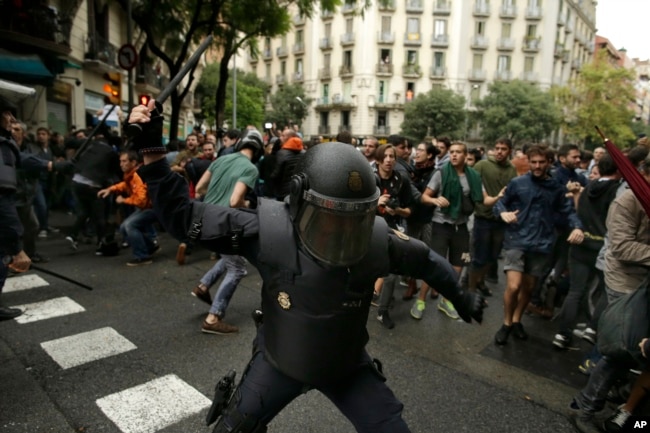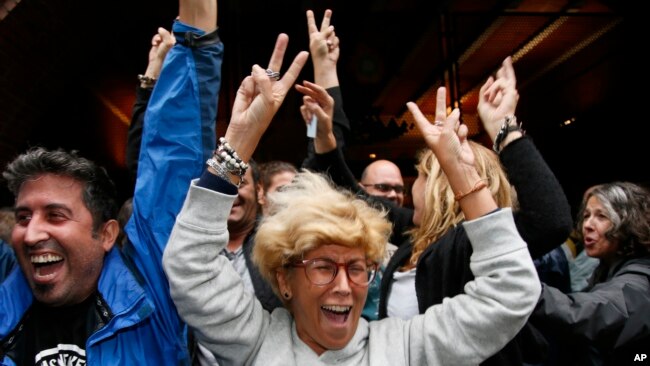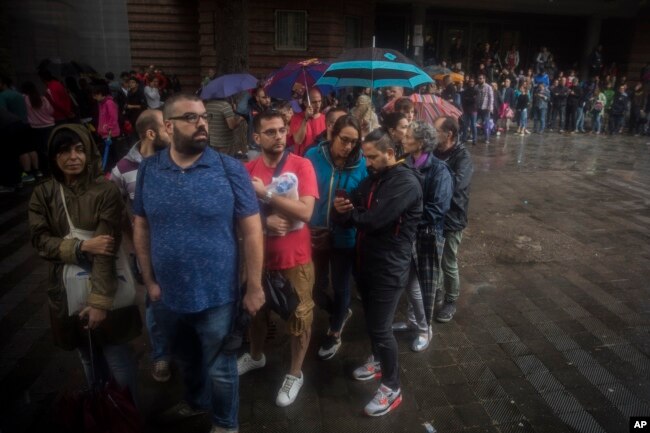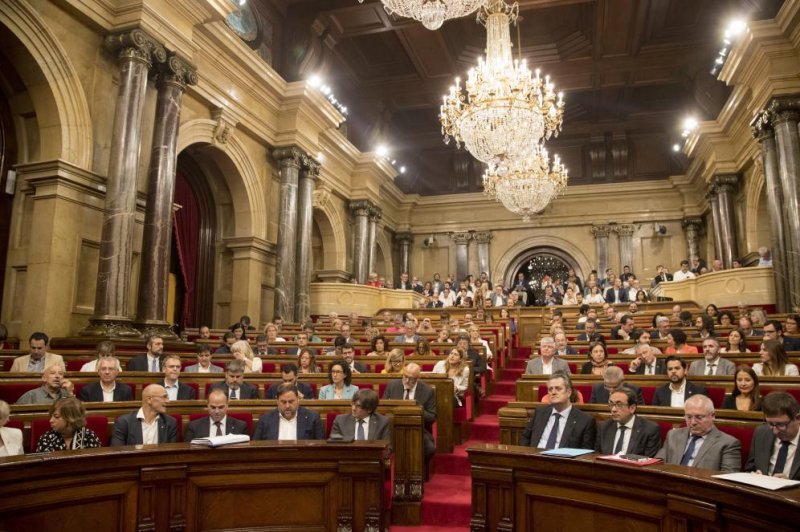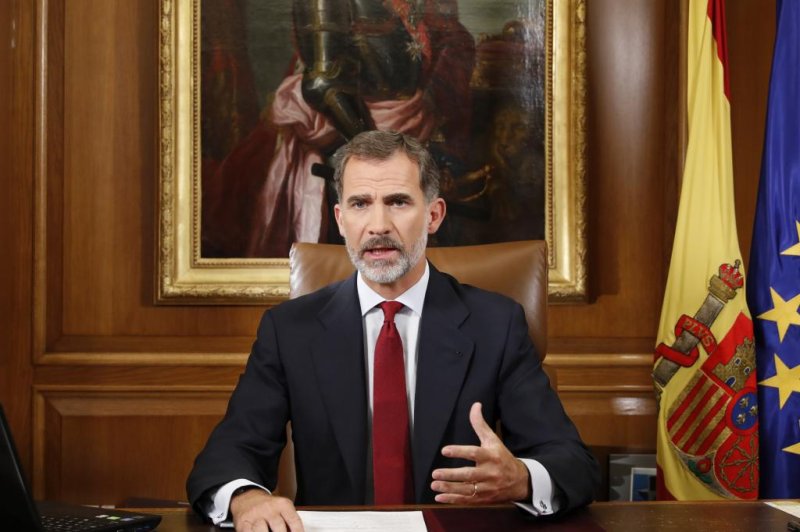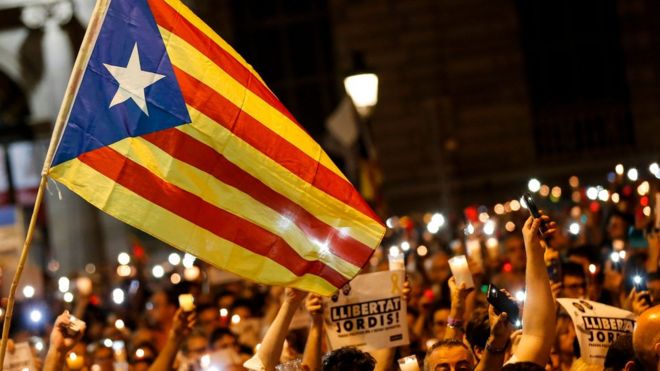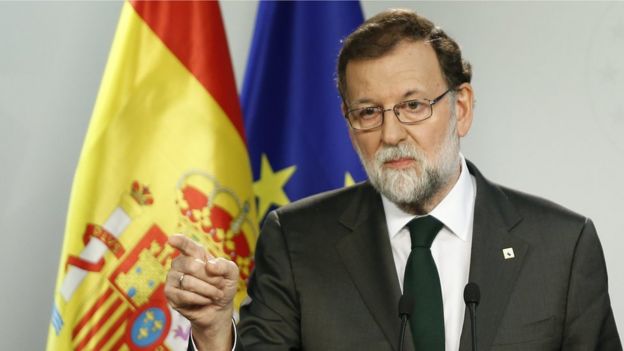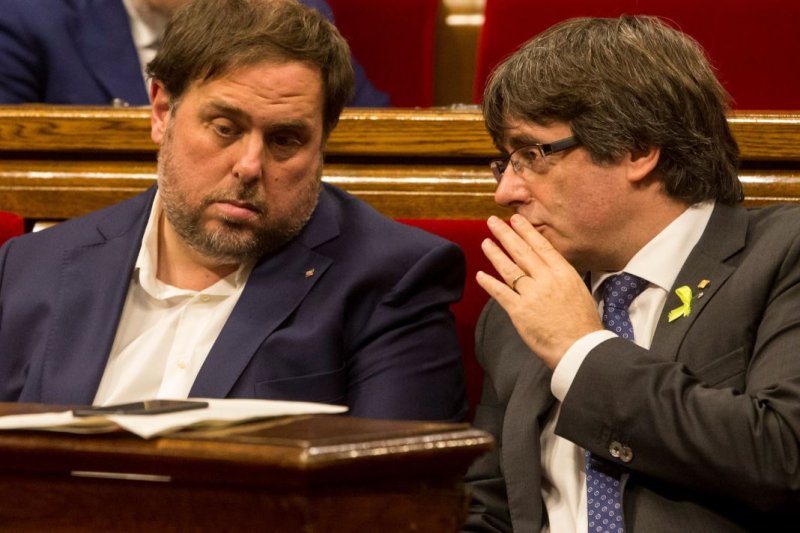Eloy
Gold Member
The conservative Spanish government has not denied a leaked secret plan for the Catalan police, Mossos d'Esquadra, to be removed from autonomic authority and nationalized by the Madrid government in a measure to stop a referendum on Catalan independence this autumn. The Spanish prime minister, strongman Mariano Rajoy, has learned nothing from previous attempts to be heavy handed with the Basques and seems ready to act tough instead of recognizing the aspirations of the Catalan nation and not interfering with the referendum.
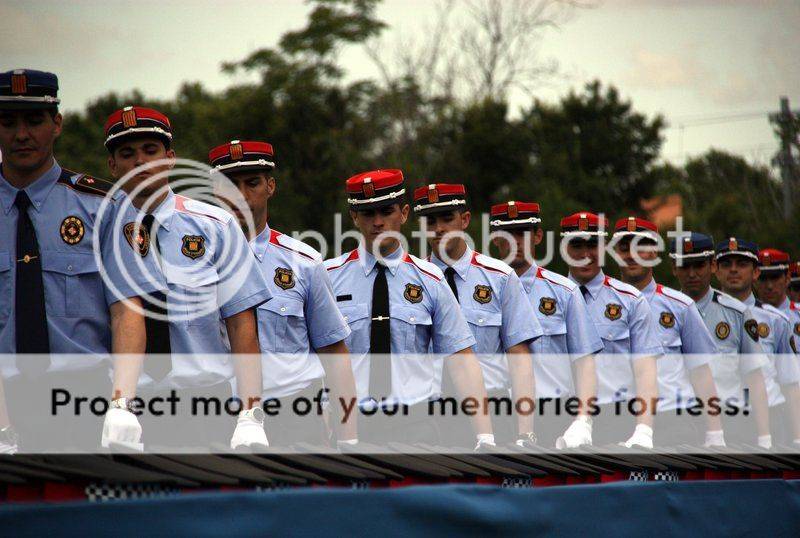
New graduates of Mossos d'Esquadra may become policia nacional if Catalonia attempts a referendum later this year

New graduates of Mossos d'Esquadra may become policia nacional if Catalonia attempts a referendum later this year



